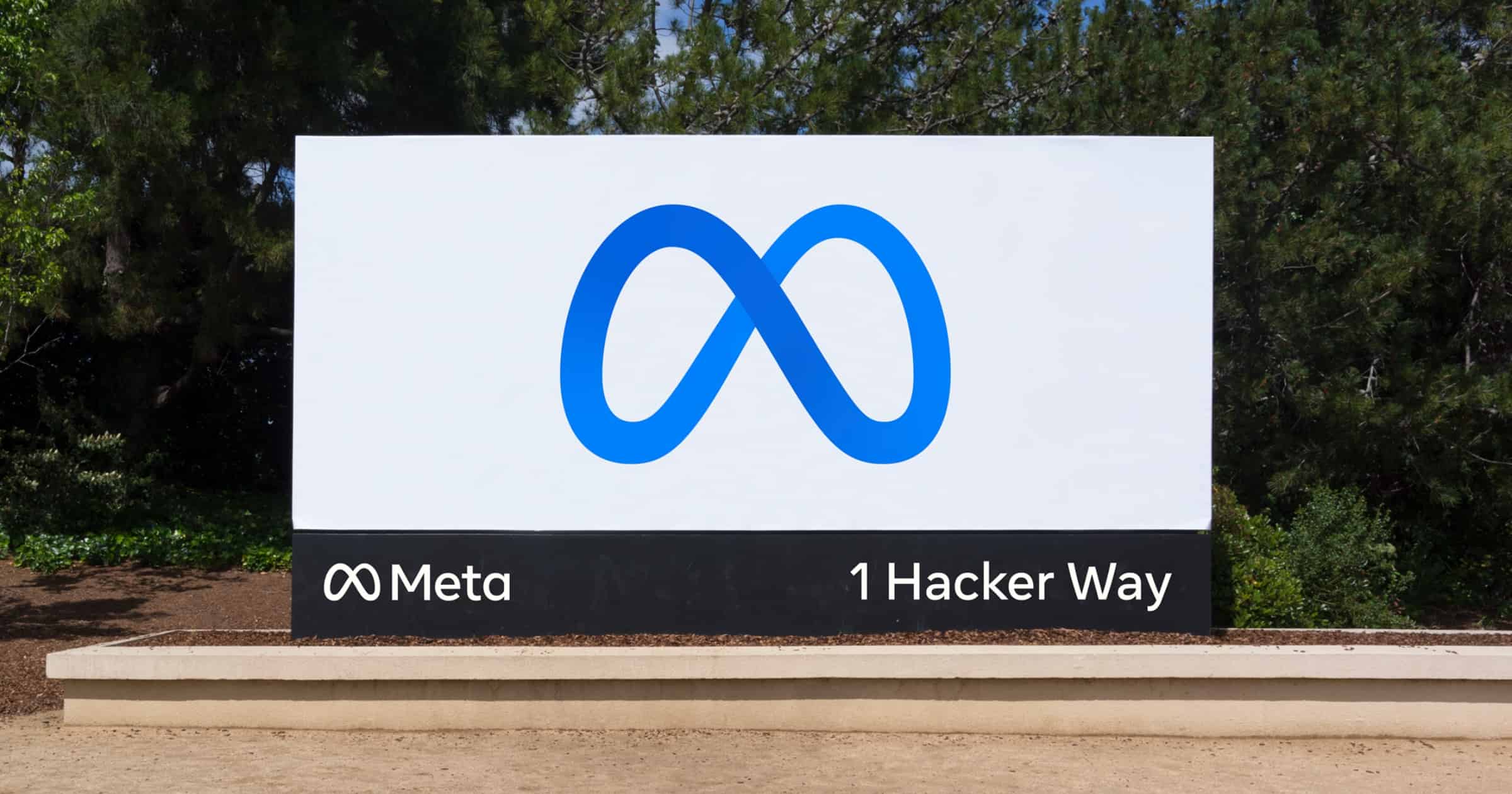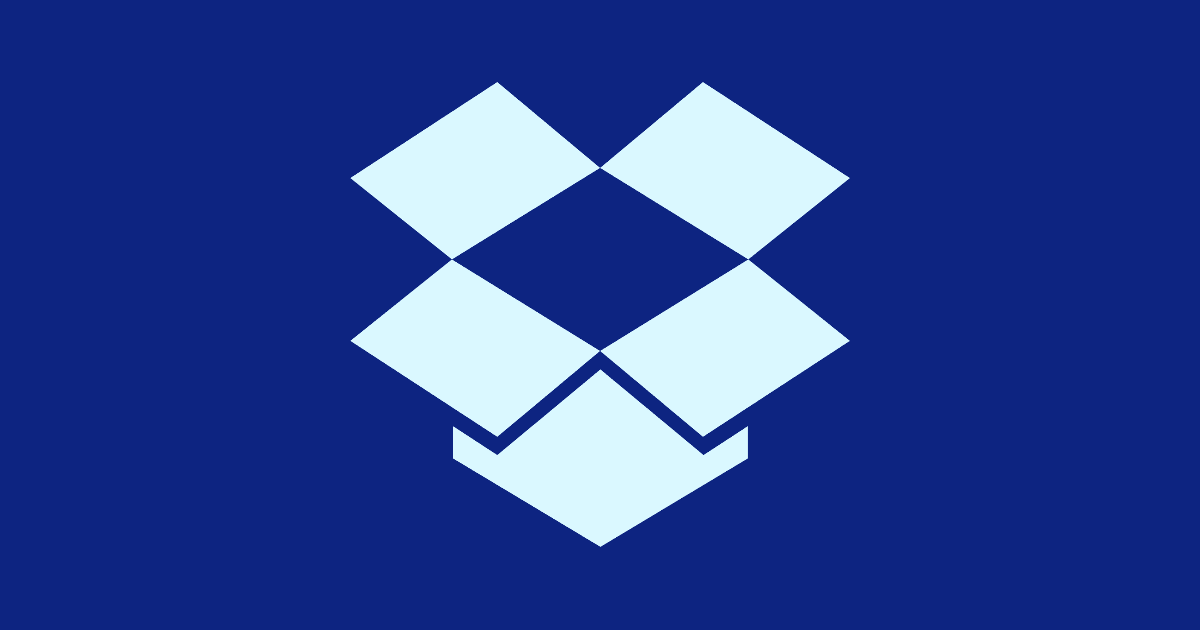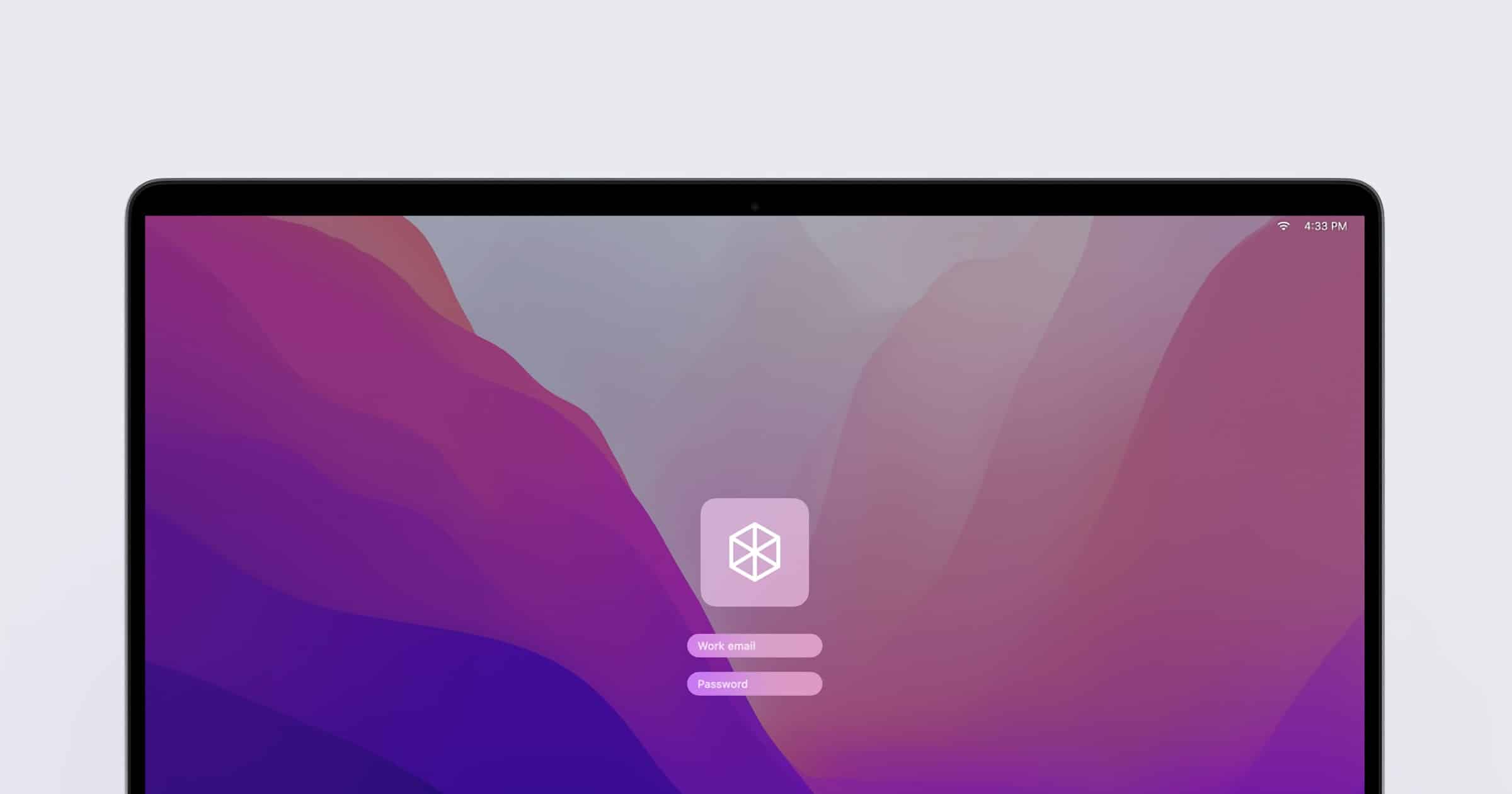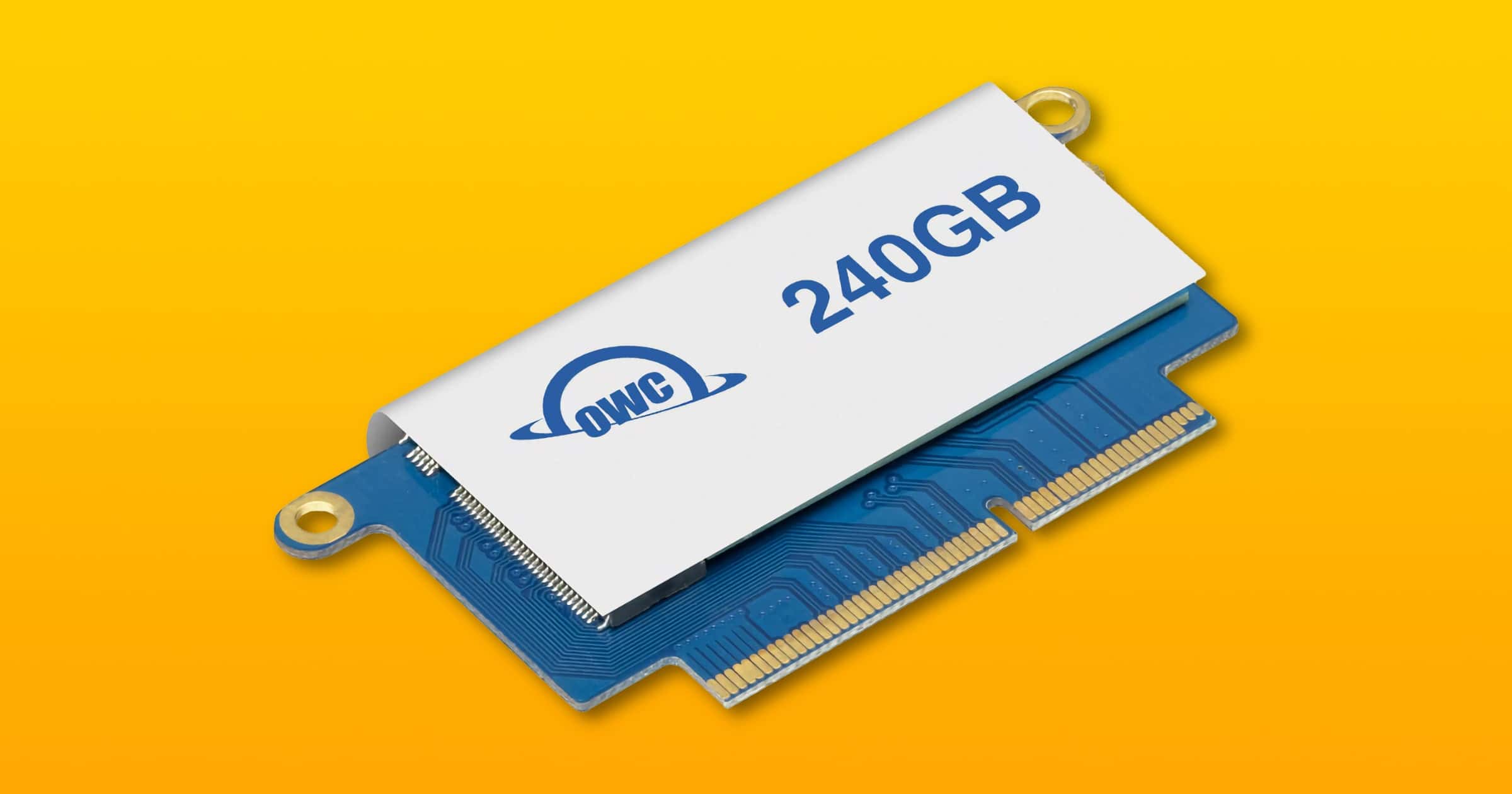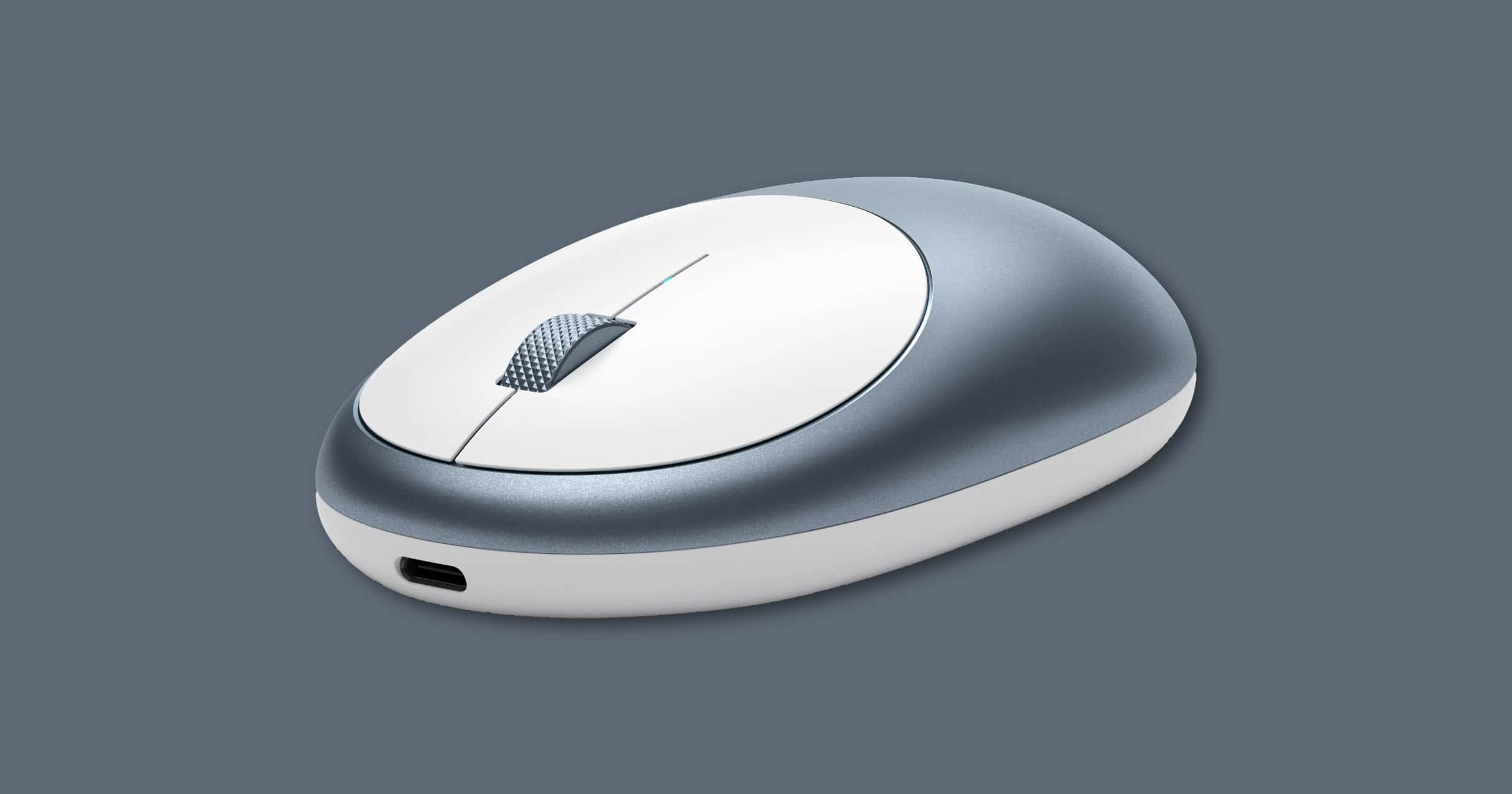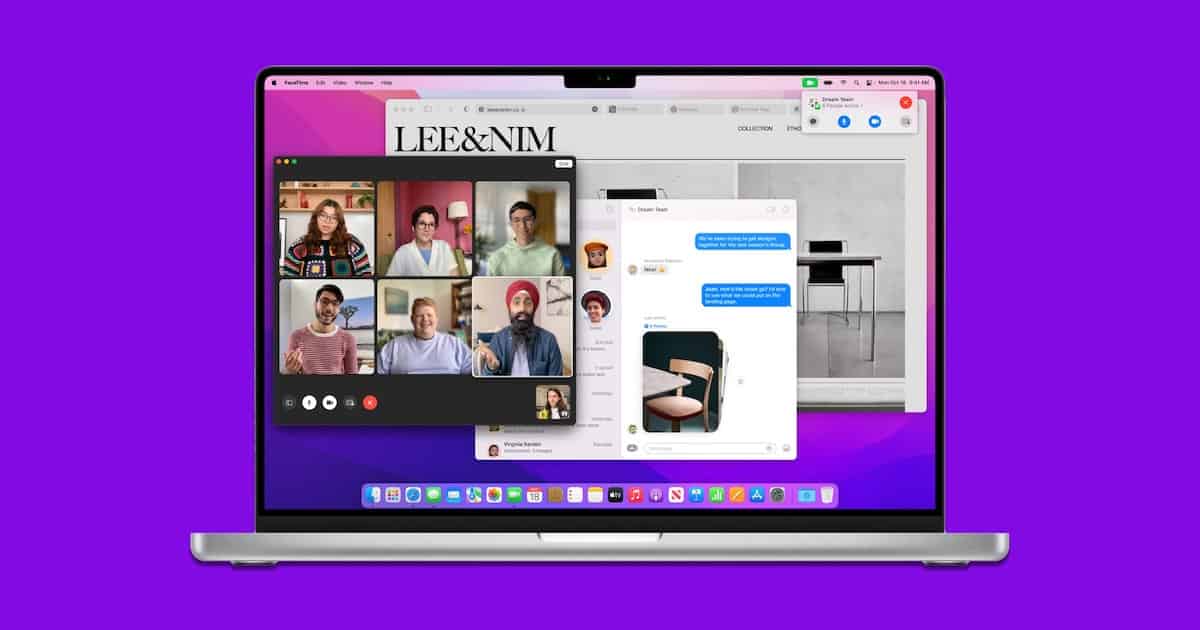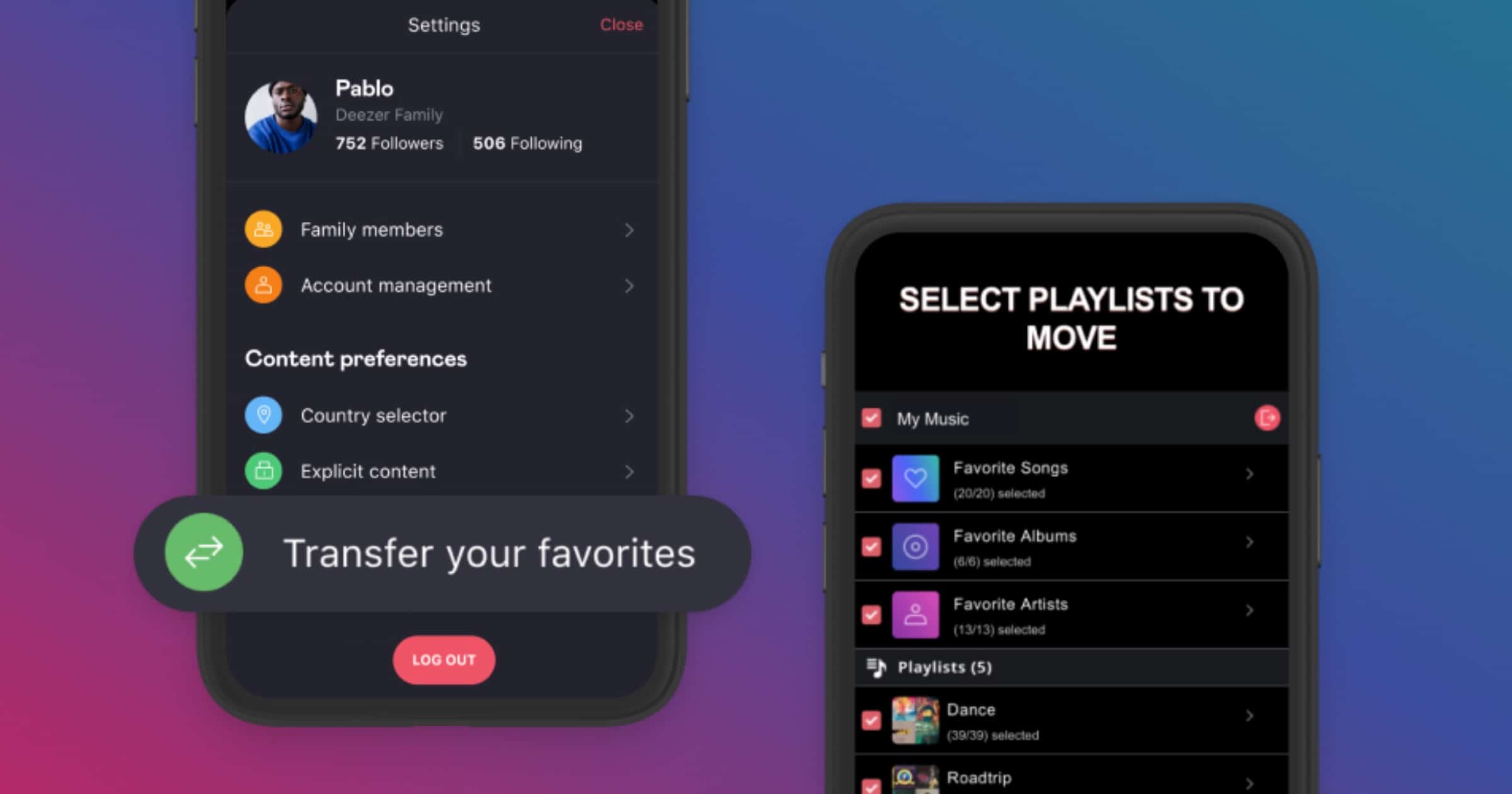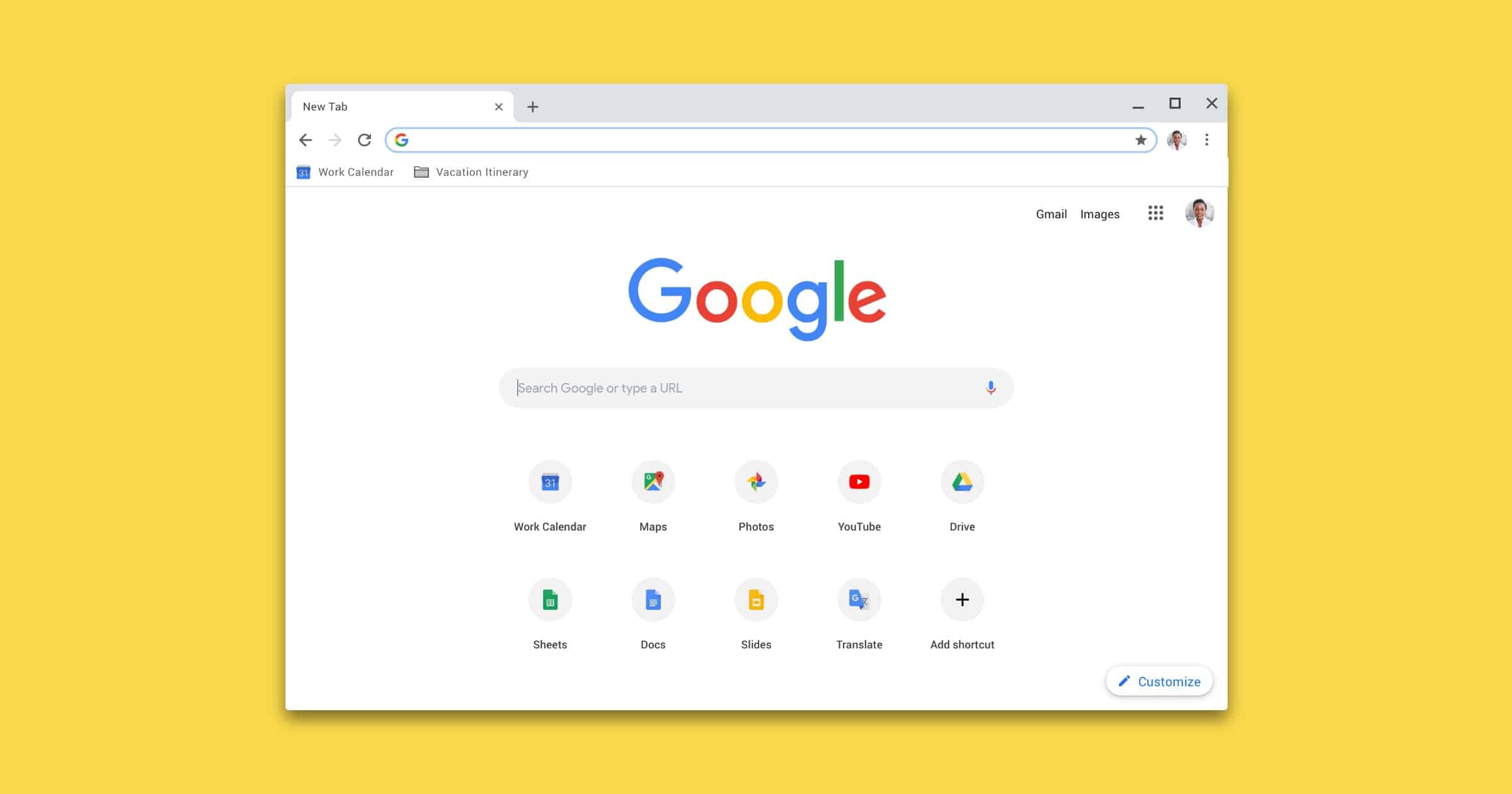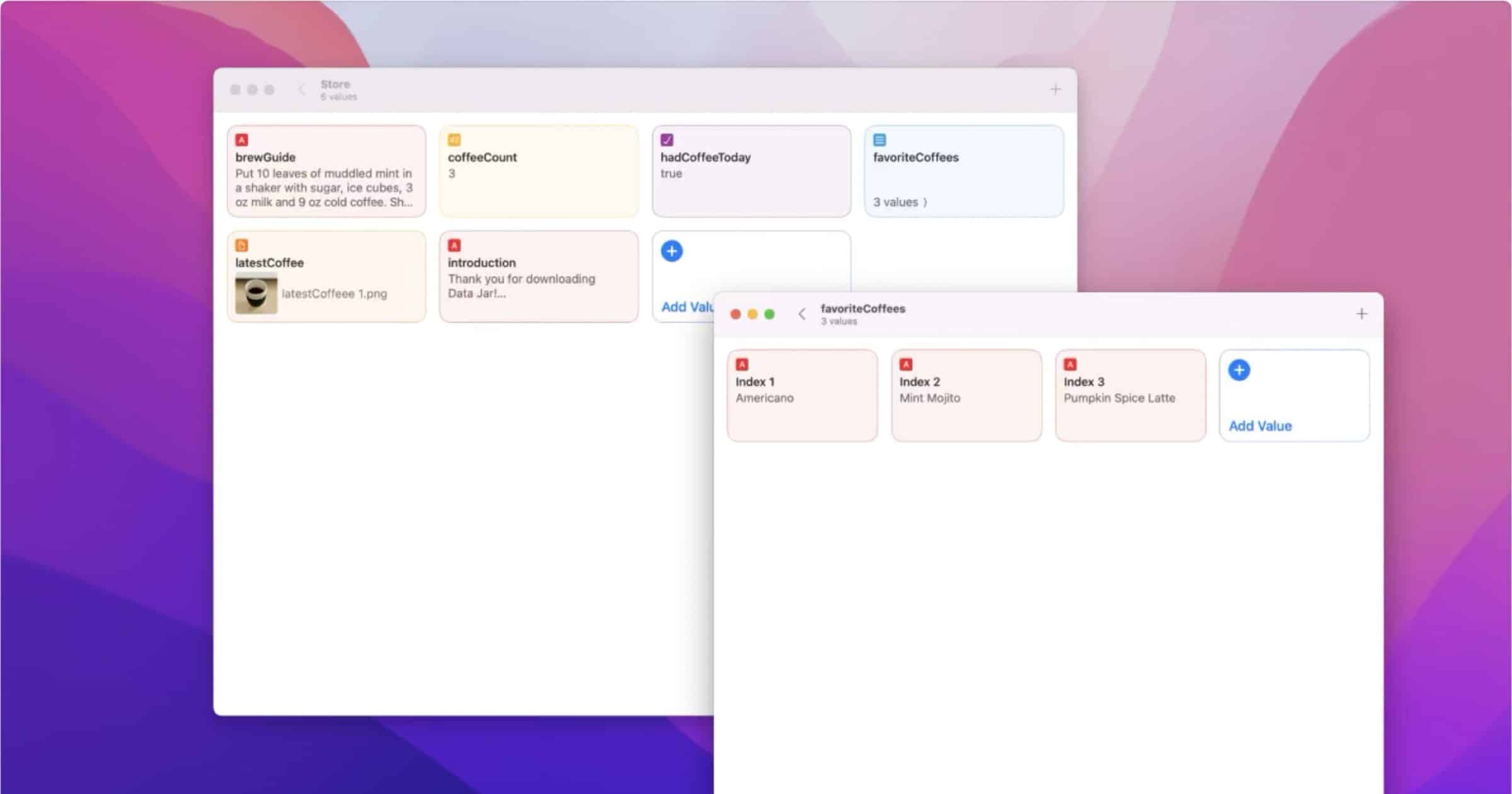We finally have the winner of our iPhone 16 Pro international giveaway! Congratulations to Oliver T., and a huge thank you to everyone who participated.
Many Eero Mesh Routers Will Support Matter
When Matter launches in 2022, it will have a new Wi-Fi router partner. Modern eero mesh routers are set to gain support for the standard.
Facebook's New Name is...Meta
Facebook founder Mark Zuckerberg announced at the Connect event on Thursday that his company is changing its name to Meta.
Thursdays with Bob: We Love Live Text! – TMO Daily Observations 2021-10-28
Dr Mac joins Kelly to talk about Live Text, a new feature of iOS 15 and macOS Monterey, all the ways it feels magical, and some good uses.
Apple Releases iOS and iPadOS 15.2 Beta
Just days after releasing iOS 15.1 to the public, Apple has made new iOS 15.2 betas available for developers and public beta testers.
Native Dropbox Support For M1 Macs Doesn't Seem to be Happening
[Update November 1, 2021: Dropbox CEO Drew Houston has said that his company is working on a native M1 build. It plans to release it in the first half of 2022. Original post below]
–
It looks likes users with M1 Macs shouldn’t expect native support from Dropbox any time soon. MacRumors reported on a long-running support thread discussing the issue of Apple Silicon.
An official Dropbox support thread, shared by Mitchell Hashimoto on Twitter, reveals a fiasco around native support for Apple silicon Macs. Dropbox is seemingly insisting that a significant number of community members will have to vote for native Apple silicon support for it to be implemented. There are also multiple repetitious requests with different phrasing, fragmenting users’ votes for support. In July, responses from Dropbox staff on the thread explained that “this idea is going to need a bit more support before we share your suggestion with our team,” and flagged Apple silicon support as in need of more votes. A month ago, Dropbox staff again replied to the thread requesting native Apple silicon support, saying that Dropbox will continue to be compatible with all devices that run supported versions of macOS using Apple’s Rosetta translation layer. Additional complaints in the thread claim that Dropbox with Rosetta hemorrhages MacBook battery life and uses a disproportionate amount of memory.
Kandji Announces 'Passport' for Secure Mac Authentication
Kandji has announced the release of Passport, an authentication product that creates a seamless, one-password sign-in experience for users.
Kandji Passport validates the credentials a user provides during Mac login against an organization’s cloud-based identity provider (IdP), so users need to remember just one password for both their Mac computers and the organization’s single sign-on (SSO) provider. Passport provides a native Mac login experience while streamlining device configuration, management, and security tasks for IT admins.
OWC Announces Aura Pro NT NVMe SSD for 2016-2017 MacBook Pro
OWC has announced the Aura Pro NT high-performance NVMe SSD for 2016-2017 MacBook Pro non-Touch Bar.
Updated Satechi Accessories Now Match Blue M1 iMac
Satechi announced that three of its products have been updated to match the color of the blue M1 iMac, with a stand, wireless mouse, and more.
Apple Music is Now Available for PlayStation 5 Gamers
Sony announced that Apple Music is officially available on the PlayStation 5, bringing the service’s 90 million song catalog to gamers.
iOS15: Set Text Size Per App
In iOS 15 you can set the text size for individual apps; learn how in this mini-segment. Learn More In Mac Geek Gab 895
(Update) Medical AI Company 'Deep6' Leaks 68 GB Trove of Patient Records
Security researcher Jeremiah Fowler together with the WebsitePlanet research team found an unprotected database belonging to Deep6. The records appear to contain data of those based in the United States.
Update: Deep6 reached out and said the news is misleading, saying “In August, a security researcher accessed a test environment that contained dummy data from MIT’s Medical Information Mart of Intensive Care (MIMIC) system, an industry standard source for de-identified health-related test data. To confirm, no real patient data or records were included in this ephemeral test environment, and it was completely isolated from our production systems.”
Meanwhile, according to WebsitePlanet, Mr. Fowler said, “I sent 3 follow up emails on Aug 11, Aug 12, Aug 23. No one has ever replied since the first message on Aug 10th. I validated that the doctor’s names were real individuals by searching obscure names (see screenshot). This is highly unusual in my experience to use real individuals’ data in a ‘dummy environment’ under any circumstances. Because no one replied, we added our disclaimer that we are highlighting that no patient data appeared in plain text, the records were “medical related”, and we never implied any wrongdoing or risk.”
How 'Acapulco' Recreated a 1980s Mexican Resort For Apple TV+
Apple TV+ series Acapulco tells the story of the staff and guests high-end Mexican resort in the 1980s. In a new video, the cast and crew explain how they recreated that world. The first four episodes are available to subscribers now, with new ones released each Friday.
Music to Lurk and Haunt By
Bestselling author Antony Johnston also makes music, and his latest release is intended to serve as the soundtrack for for late October shenanigans.
KDE Connect Your iPhone to Linux
If you want Linux and your iPhone to play as nicely as if you were on a Mac, there’s good news. KDE Connect has arrived to give that to iOS.
MacBook Pro Notch Menu Bar Issues Surface
The first notch menu bar problems have already surfaced with the MacBook Pro. App menu items and system status icons pull a disappearing act.
Latest Amazon TVs Will Support AirPlay 2, HomeKit
Amazon released its Omni and 4-Series Fire TVs on Wednesday. It also announced that the devices will soon support AirPlay 2 and HomeKit, according to The Verge.
Amazon has already rolled out AirPlay 2 and HomeKit to some of its “Fire TV Edition” TVs from Toshiba and Insignia. Curiously, these features have yet to come to the company’s standalone Fire TV streaming devices — including the just-released Fire TV Stick 4K Max. I’m not sure if that’s an intentional choice, but it’s a bit odd that Amazon is ready to announce support on day one for its brand-new TVs with nothing to share about AirPlay 2 coming to its cheaper devices. (Roku supports AirPlay 2 on both its players and Roku TVs.)
Apple and China and Apps – TMO Daily Observations 2021-10-27
Charlotte Henry joins host Kelly Guimont to discuss the iOS App Store in China, and the sudden disappearance of particular apps.
Users Can Now Import Their Music Library Into Deezer From Other Services
Deezer has announced a new ‘Transfer your favorites,’ feature that allows allows users to import their music library from another service.
Minors Can Now Request Photo Removal From Google Search
Google says that minors, or their parents, can now request their photos be removed from Google Search as a new privacy feature.
Apple TV+: Kevin Durant, Reggie Rock Bythewood, Isaiah Hill Attend Red Carpet Event For 'Swagger'
A premiere event for the soon-to-be-released Apple TV+ show Swagger took place on Tuesday at the Brooklyn Academy of Music.
'Data Jar' App For Shortcuts Has Arrived on macOS Monterey
Data Jar is a Shortcuts-adjacent app that lets you store data for use in a shortcut as persistent key-value pairs. You can store text, numbers, booleans, lists, dictionaries, and files. This lets you read and update data directly from Shortcuts. As an example of how I use Data Jar, I have a shortcut that lets me rename a bunch of files at once. Some files are renamed sequentially and Data Jar helps me store the latest number for the files, and it gets updated with every new file I rename with it. It’s a great app, free for Mac and I personally recommend giving a big tip to the developer if you find Data Jar useful.
FCC Orders China Telecom Americas Out of the United States
The FCC has revoked and terminated China Telecom America’s services in the U.S., citing Chinese government influence.
macOS Big Sur 11.6.1 Fixes Many Security Woes
It wasn’t just Monterey that released this week. Fixing a variety of security issues, macOS Big Sur 11.6.1 is also available.
macOS 12.0.1 Monterey Patches Various Security Problems
If you think macOS 12.0.1 Monterey is all about new features, you should know there are a number of security fixes in the update, too.


